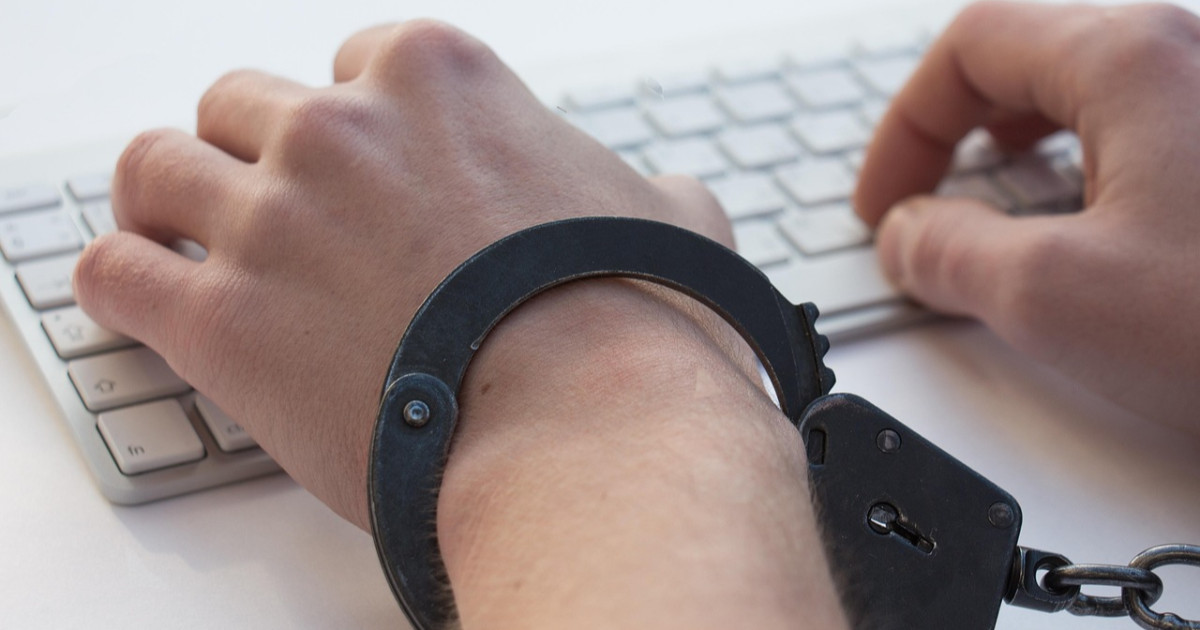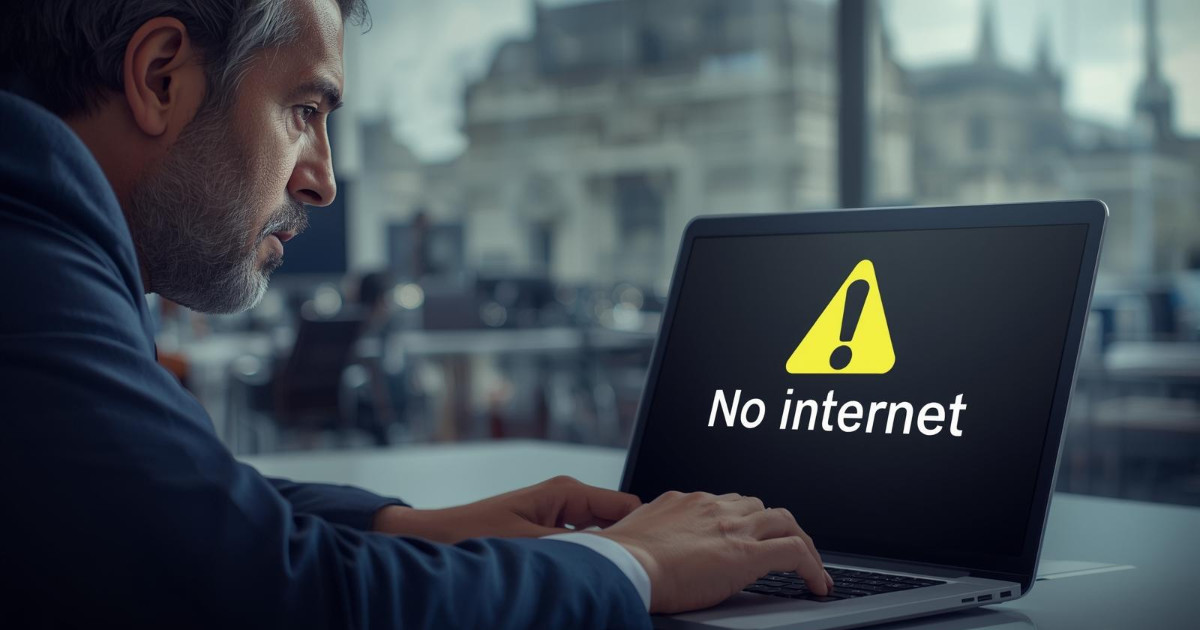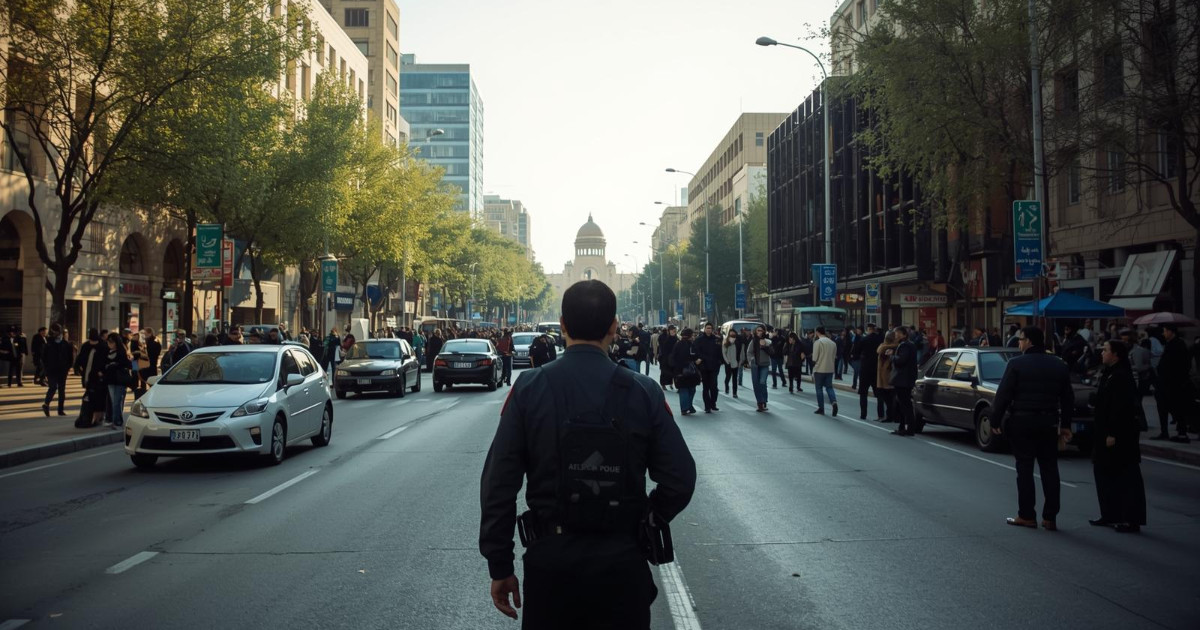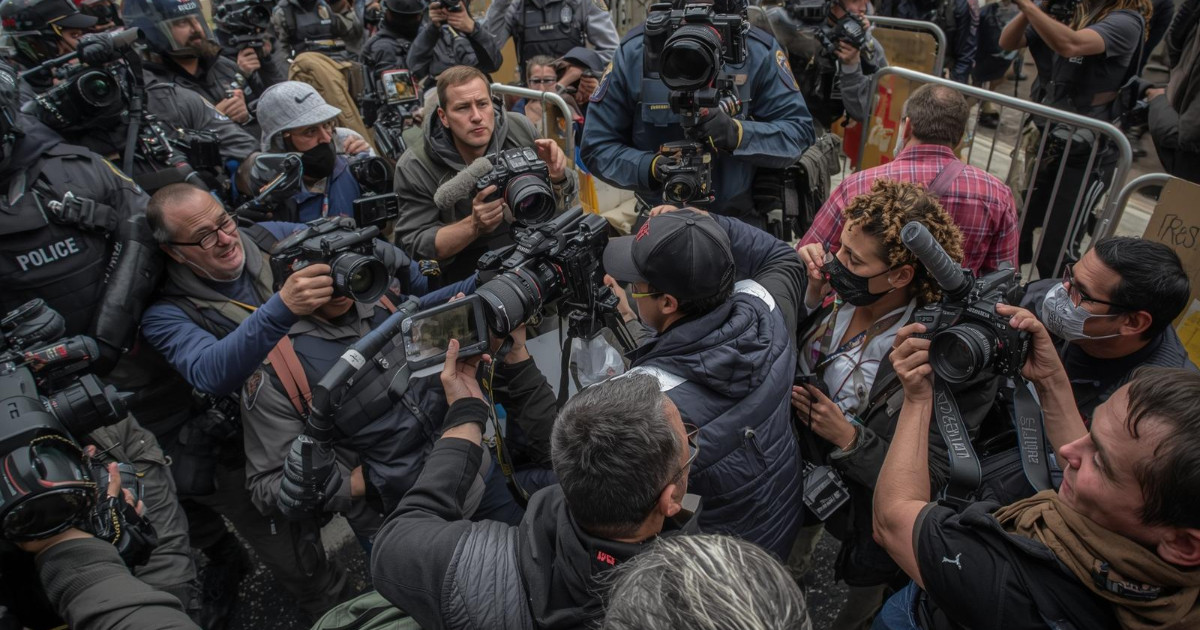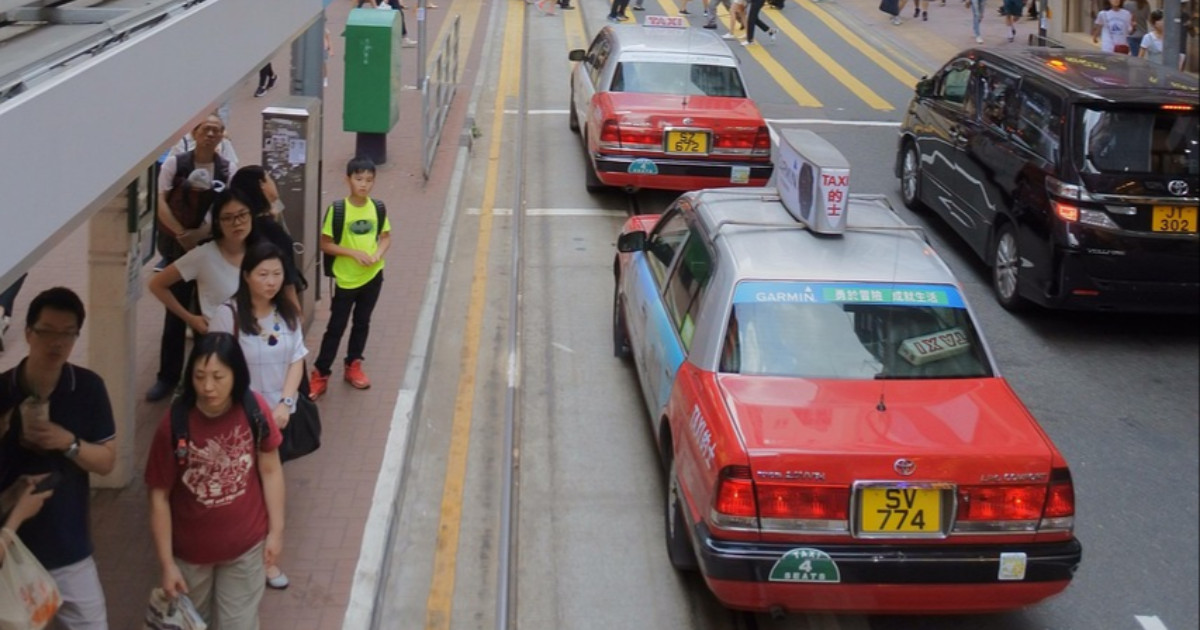PFUJ Unification Committee approves 2013 polls probe report
JournalismPakistan.com | Published: 13 June 2016
Join our WhatsApp channel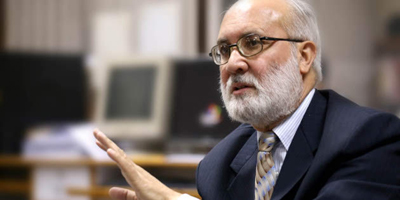
The PFUJ Unification Committee has unanimously endorsed a comprehensive report probing the 2013 elections' irregularities. The report calls for accountability and outlines recommendations for future elections.Summary
ISLAMABAD - The Pakistan Federal Union of Journalists (PFUJ) Unification Committee (UC) has unanimously approved a report submitted on June 10 by a three-member Investigation Committee headed by Rahimullah Yousufzai (pictured), set up to probe alleged irregularities during the 2013 elections and to fix responsibility.
The UC complimented Yousufzai, Shahidur Rehman and Khawar Naeem Hashmi for compiling a comprehensive and non-partisan report.
The following is the text of the Investigation Committee Report on PFUJ elections 2013:
As decided by the Unification Committee (UC), we contacted the relevant stakeholders and on June 5-6, 2016 paid a visit to Karachi where the disputed PFUJ elections were held on September 26, 2013. We also made use of the work done earlier by the UC head M. Ziauddin and members Shahidur Rehman and Habib Khan Ghori who had made trips to Lahore and Karachi. The issue was also discussed in the UC meetings held in Islamabad and members who couldn’t come were consulted through phone and emails.
The Investigation Committee, headed by Rahimullah Yusufzai and having Shahidur Rehman and Khawar Naeem Hashmi as members and Nasir Zaidi as co-opted member, is grateful to all those who gave us their precious time and provided material to support their point of view. At the outset, we concede that we lacked manpower, resources and the required skills to undertake such a difficult task dating back to 2013. We heard many participants and eyewitnesses of the PFUJ elections held more than three years ago who told us that they are short of details or unable to remember whatever happened on that fateful day.
We have tried to piece together the bits and pieces of information we managed to gather from different sources and stakeholders in a bid to come up with our findings. We don’t claim that we know everything that happened during the PFUJ elections as none of us was present there. Also, the information made available to us by the rival factions of PFUJ mostly reinforced their stand. It was difficult to get information from neutral sources. The Election Committee could have filled the gap, but it wasn’t able to assert itself enough to ensure that its decisions are accepted.
Below are our observations and findings that we managed to make to the best of our abilities and keeping in view the above mentioned constraints. We tried to do a fair and honest job with the sole purpose of identifying all those who deliberately or inadvertently damaged the unity of PFUJ and caused a split in an organization that enjoyed countrywide respect and was led in the past by such luminaries as Abdul Shakoor, Minhaj Barna, Nisar Usmani and I H Rashid.
Conducting the PFUJ elections
- In the run-up to the PFUJ elections in Karachi, a number of anomalies were noted. The elections were due in January 2013 but were postponed. The list of delegates to the BDM generated some controversy and it wasn’t displayed in time. The Election Committee complained it didn’t get the voters’ list despite reminders.
- The polling was peaceful and the counting too went on smoothly even though the result could not be announced for several hours. There were many complaints. Afzal Butt complained that three of his votes were rejected and this was the main cause of the furore. He claimed the total number of delegates was 242 but the votes cast were 245. Khurshid Abbasi maintained that he found seven extra votes hidden along with 20 genuine ones. However, they weren’t able to convince the Election Committee to decide in their favor.
- As it was a close fight, tension rose when the votes for the post of the PFUJ President were being counted. The Election Committee gave Rana Azeem 119 votes and Afzal Butt 118. Afzal Butt and his supporters found the loss not to their liking and began protesting. Earlier, Mazhar Khan of the Afzal Butt panel had also won election for the post of Treasurer by one vote, getting 118 against 117 polled by Raja Riaz of the Rana Azeem panel. The latter had accepted the result and by the same yardstick Afzal Butt should have conceded his loss by one vote to Rana Azeem for the post of President. The outcome could have favored any side as the two panels had won two seats each of Vice Presidents and Assistant Secretary Generals. The contest for the Secretary General was also close as Amin Yousaf from Rana Azeem’s panel won by three votes by polling 121 votes against the Afzal Butt panel candidate Khurshid Abbasi’s 118.
- PFUJ and UJs elections are traditionally held at the press clubs all over Pakistan. The decision to hold the PFUJ 2013 elections at the Sindh Boys Scouts Association premises instead of the Karachi Press Club also generated controversy. Amin Yousaf said he has an affiliation with the scouts movement and he managed to book this place because it was spacious and secure. He and others in his group claimed the Karachi Press Club was being run by the Dastoor Group and hence it wasn’t available for holding the PFUJ elections. This claim was denied by the Dastoor Group office-bearers of Karachi Press Club and the local leaders of the Afzal Butt faction as they claimed the club is open and available to all journalists.
- The Investigation Committee was told that members of the Dastoor Group were also present in and near the venue of the PFUJ elections even though they weren’t members of the PFUJ Barna or delegates at the BDM. Also, there were allegations that MQM activists were present at the premises. No satisfactory answer was given to the question as to who invited the outsiders and why no effort was made by the candidates and their panels to expel them.
- There were complaints galore from all sides. Hasan Abbas of the KUJ was one of the main organizers and host of the BDM that cost Rs2.2 million, but he complained that he was beaten up.
- Many questions remain unanswered. Wajid Ispahani, General Secretary of KUJ, raised some pertinent 12 questions at the recent Murree meeting of PFUJ’s Rana Azeem Group. These encompass some of the ills and shortcomings in the PFUJ and need to be answered by all concerned.
Role of Afzal Butt-led faction
- Presidential candidate Afzal Butt and his group should have accepted the result declared by the Election Committee to avoid the split in PFUJ. It could have done so under protest and used the options available in the PFUJ constitution to seek justice. As some of its members said they accepted the polling arrangements in good faith, one felt they should also have accepted the election results in good faith in the larger interest of the journalists’ community and for the sake of PFUJ. By forming a separate faction of PFUJ, it triggered the split. It certainly had a point with regard to the transparency of the electoral process, but it neither went into appeal to the tribunal against the result nor sought recounting or re-polling.
- The Afzal Butt faction went its separate way and occupied the PFUJ Secretariat in Islamabad to cement the split. Both groups pleaded with the government and non-governmental organizations, including the International Federation of Journalists (IFJ), that theirs was the legal and representative PFUJ. This damaged the reputation of Pakistani journalists and of the PFUJ and exposed the divided community to the exploitation by the government, media owners and others with vested interest.
Role of Rana Azeem-led group
- Having won the election for the PFUJ President with Rana Azeem defeating Afzal Butt by one vote, one expected this group to be magnanimous in victory by showing respect to the losing faction that lost by the smallest of margins and emerged as a strong opposition almost equal in strength to the Rana Azeem Group. As the winner, the Rana Azeem Group should have initiated efforts for resolving the differences and reuniting the two factions. It could have done this on its own or requested former PFUJ office-bearers or senior and credible journalists to mediate between them. It could also have gone to the court to obtain legal remedy as winner of the polls.
- Rana Azeem and his representatives, including Shamim Shahid, Ziaul Haq and Ashfaq Sajid, not only gave the UC the mandate on March 16, 2016 to unify the PFUJ but also reposed confidence in it and agreed to abide by its verdict to pave the way for fresh elections. Rana Azeem did express some reservations in writing, but he didn’t withdraw his trust in the UC or challenge the UC mandate that both groups of PFUJ had stood dissolved on the day the leadership of the two factions signed the settlement agreement. It was, therefore, shocking for the UC that Rana Azeem went back on his word and to the displeasure of even some of his former colleagues, including Amin Yousaf, Shamim Shahid, Ziaul Haq, etc played a leading role in holding a meeting of his group in Murree and unilaterally organizing the PFUJ elections where all candidates were elected unopposed. This amounted to lack of trust in the UC and a bid to damage its work for PFUJ reunification.
The Election Committee
- The Election Committee had four members. Sajid Ali was its chairman and Sattar Javed, Hasan Imam and Kafeel its members. It was strange for us to be told by Kafeel sahib, who was working as PRO Karachi Port Trust at the time when he left the election venue around 3 pm as he wasn’t feeling well, the polling was in progress and everything was fine. He said he didn’t meet anyone for nearly a week after the elections and was unaware of any disturbances at the polls or the election outcome controversy. Kafil was also unaware of the UC’s existence or the work of the Investigation Committee.
- However, the three other members of the Election Committee remained present throughout to conduct the polls. Sattar Javed, apparently the most active member of the committee, argued that their quorum wasn’t broken due to Kafil’s absence.
- The first controversy concerned Prof Tauseef Ahmad Khan, a respected teacher of journalism who had organized KUJ elections as chairman of election committees in the past and was supposed to hold the PFUJ polls in 2013 in the same capacity. He personally appeared before the Investigation Committee at the Karachi Press Club to complain that due to unknown reasons he wasn’t asked to supervise the PFUJ polls. He said he kept quiet instead of making it an issue. The Investigation Committee believes the Election Committee under his chairmanship would have enjoyed the requited credibility and managed to avoid some of the controversies that emerged later.
- The Election Committee insisted that the result compiled by it was true reflection of the will of the voters and it should have been accepted by all concerned. When questioned, its two members Sajid Ali and Sattar Javed (Kafil was approached by phone while Hasan Imam could not be contacted) said the chaos affected their work and outsiders threatened and pushed them out. They conceded they could have taken the initiative and offered proper recounting to the two sides to overcome the dispute. Also, they felt the counting should have been done in a centralized manner to avoid confusion instead of doing it on three different tables.
The use of money
- We were told by some PFUJ delegates that money was offered and paid to buy votes in the elections. If possible, this should be probed and disciplinary action taken against those who bought or sold votes to prevent recurrence of such abominable acts in future.
- The use of money by ambitious and resourceful journalists seeking offices in UJs and PFUJ is alarming. Journalists being feted and pampered by the powers that be and the corporate sector is nothing new, but for the members of the media to do this to buy influence and win elections needs to be discouraged. Though journalists were flown free of cost to far-off venues in the past also to attend BDMs, this is now being done openly and proudly. Senior journalist G M Jamali, who was recently elected General Secretary of PFUJ faction led by Rana Azeem, made no attempt to hide anything when asked by the Investigation Committee about allegations that he bought air tickets for delegates attending the Murree meeting. He admitted having paid for the air tickets and also having made the statement that he owned 200 acres of agricultural land and could afford to spend money in this manner. Jamali argued that he wasn't in journalism due to any need but by choice. He explained how he had used his influence and his position as a Karachi Union of Journalists’ office-bearer to secure funds from the Sindh government and used it for the welfare of needy journalists.
Jamali’s services for journalists were acknowledged by many in the profession, but the question that merits an answer concerning him and a number of other journalists is whether anyone whose main source of income isn’t from journalism qualifies to be called a journalist.
Foreign visits by PFUJ office-bearers
- This is another controversial issue and the source of disputes in the PFUJ. The office-bearers are invited to attend IFJ meetings abroad and there is reportedly a tussle to avail this opportunity. This process should be looked into and made transparent. Also, it was alleged that IFJ provided funds (someone claimed 45,000 Euros) to PFUJ in previous years and one hopes the accounts have been properly maintained. The IFJ also provided funds for running the PFUJ Secretariat as claimed by Pervez Shaukat, but it stopped paying following the PFUJ split.
Lessons learned and the way forward
- The work of the Investigation Committee was primarily to fix responsibility for the unfortunate happenings at the PFUJ’s 2013 elections that caused split in our beloved organization. It doesn’t want to recommend punishment to anyone, though it would like to make morally accountable those responsible for the PFUJ split through the force of its recommendations and observations.
- As agreed by leaders of the two factions earlier while giving the UC the mandate to unify the PFUJ, the commitment made in writing should be honored. They had announced to disband their separate PFUJs to enable the UC to hold fresh elections. It is our understanding that the two factions of PFUJ have ceased to exist and that the UC is empowered to run the PFUJ until the fresh polls are held.
- Though it may sound undemocratic, the Investigation Committee feels that five senior PFUJ members who served as office-bearers in recent years should voluntarily step aside and not take part in the next PFUJ elections to avoid polarization in PFUJ. Afzal Butt, Khurshid Abbasi, Rana Azeem, Amin Yousaf and Pervez Shaukat have played their innings and it is time they made room for younger colleagues. It would be a test of their commitment to a unified and strong PFUJ if they agree to this proposal. This would be a small sacrifice on their part after having led the PFUJ for years.
- Through his bizarre act of swallowing a copy of the PFUJ elections result, senior journalist Mushtaq Minhas is responsible for causing the mayhem that eventually led to the disunity in PFUJ. Even if he had genuine reasons to do so, his reaction was unjustified and provocative. The Investigative Committee would have considered recommending cancellation of his UJ/PFUJ membership if he hadn’t quit journalism to join politics.
- In future, the elections of PFUJ and UJs should always be held at the press clubs to avoid unnecessary controversies. Holding polls elsewhere creates doubts.
- Great care should be taken while appointing the Election Committee for conducting future PFUJ and UJs elections and only senior, neutral and credible journalists should be included in the committee. Respected individuals from other fields could also be included in the committee to lend weight and credibility.
- PFUJ has always struggled for freedom of the press and better working conditions for journalists. It is a sad day that we now hear allegations that some in the PFUJ, whatever their faction, serve the interests of one or the other media organization or play in the hands of the ruling elite.
- And in conclusion, let us warn those fighting for PFUJ offices that the young journalists who now form the majority in the profession and many others are fast losing trust in the leadership as they believe it has failed to serve them. It is time to wake up to the realities, close ranks and struggle together for the rights of journalists.
Related posts from JournalismPakistan.com Archives:
PFUJ unification process to be completed by August
Committee reviews PFUJ unification process, prepares for polls
Sub-committee constituted to probe alleged irregularities in 2013 PFUJ polls
PFUJ Unification Committee assured support for holding elections
PFUJ Unification Committee decides to hold elections
KEY POINTS:
- The investigation was led by Rahimullah Yousufzai and highlighted ignored allegations.
- Irregularities included disputed delegates' lists and external influences during elections.
- The report urges a return to traditional polling venues to avoid future controversies.
- The Unification Committee aims to promote unity within the fragmented journalism community.
- Recommendations include stepping aside for younger leadership in future elections.






